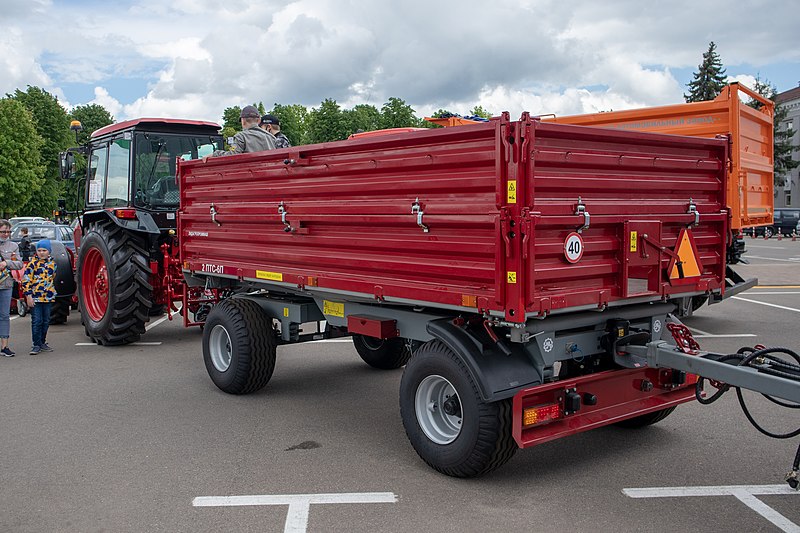
On Thursday, EU member states agreed to significantly increase tariffs on certain agricultural products from Russia and Belarus. The aim is to make imports so costly that they effectively
cripple exports from these countries.
Starting July 1, higher tariffs will be imposed on grain products entering the European Union from Russia and Belarus. Specifically, import tariffs will rise to €95 per tonne for most cereal products or 50% of the total value for other products. These tariffs will not apply to goods in transit to third countries.
This decision follows a proposal by the European Commission in March to increase duties by product category, aiming to limit Moscow's profits and restrict its access to the EU market. Under World Trade Organization rules, almost all Russian grain has been exempt from EU import duties until now. "These measures will prevent the destabilization of the EU's grain market and halt Russian exports of illegally appropriated grain produced in the territories of Ukraine," stated Belgian Finance Minister Vincent Van Peteghem.
Last year, total grain and oilseed imports from Russia and Belarus into the EU amounted to nearly five million tonnes, worth around €1.5 billion. Although this represents only a small share of the European market, the Commission noted that imports had been increasing since Russia's invasion of Ukraine in February 2022. Photo by Homoatrox, Wikimedia commons.








































